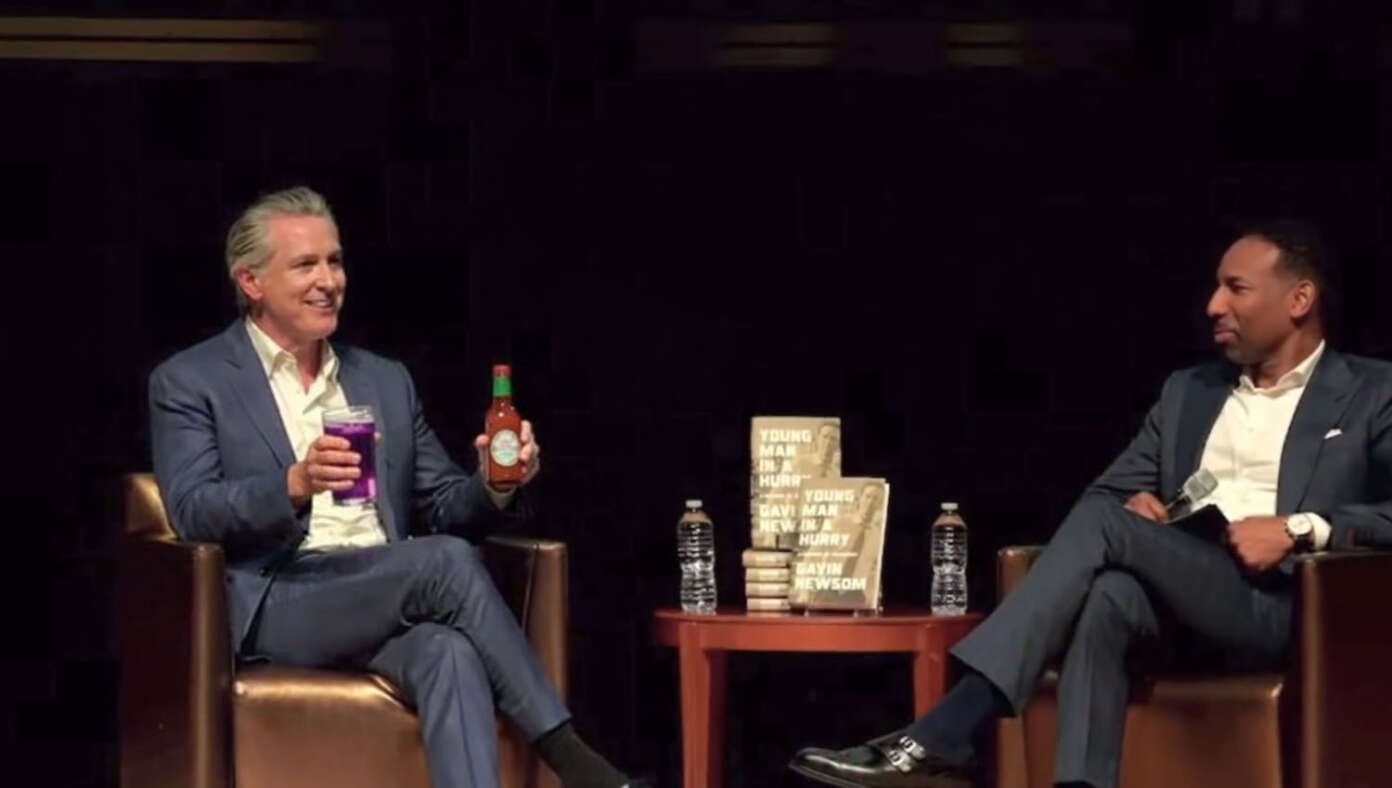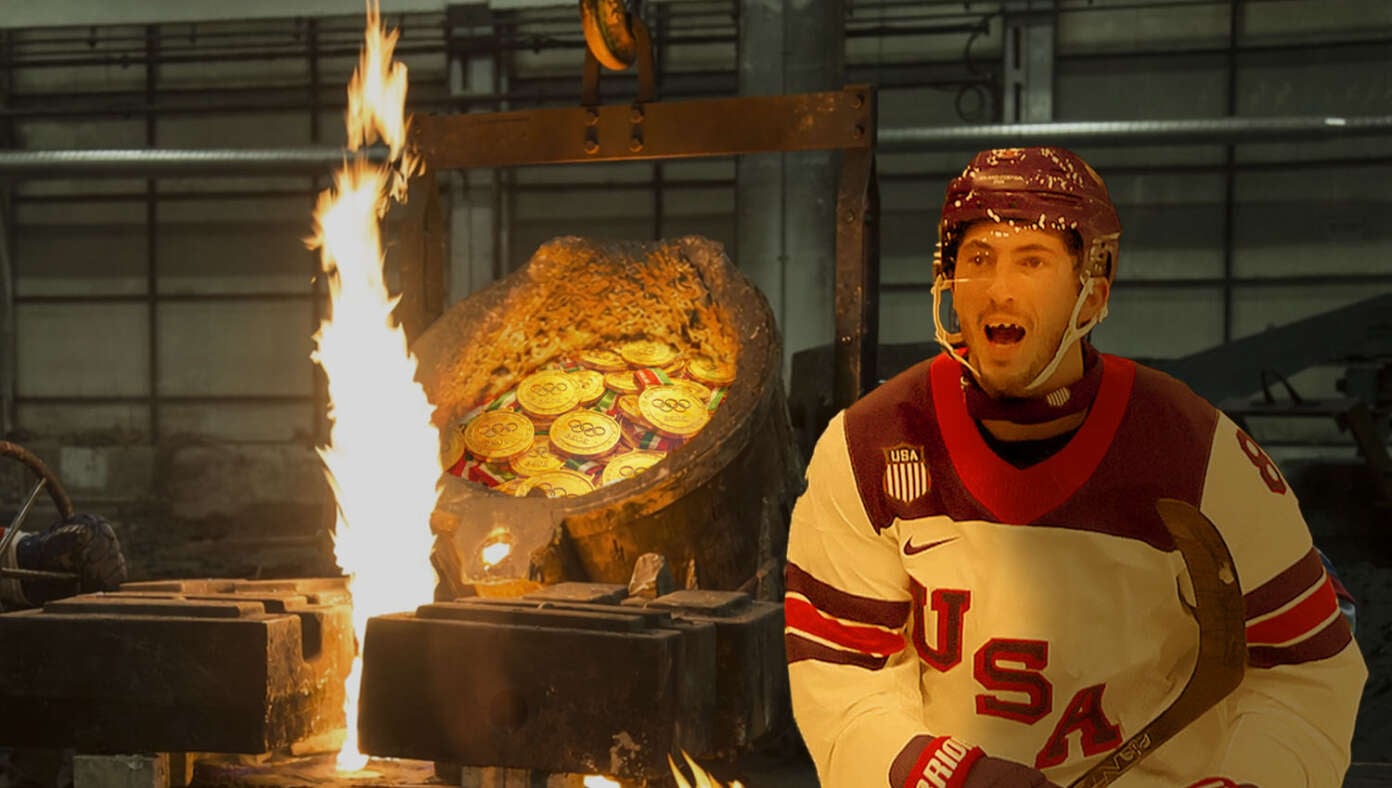WASHINGTON, D.C. — After raiding President Trump's home to ensure the security of Top-Secret documents, the FBI has immediately leaked the contents of those documents to the press so everyone would know how dangerous it was for them to be unsecured.
"Wow, this is really ultra-sensitive, risky material! Send it to The Washington Post immediately so everyone will know how super-duper classified it is," said FBI Director Christopher Wray. "Gosh, it could have been disastrous if anyone found all this before us. They might have just left all this highly classified material sitting in the closet, instead of handing it over to the press to be plastered online. Close one!"
While the contents of the classified material at Mar-A-Lago were unknown before the FBI became involved, Director Wray said that letting such information out into the open was simply a part of the process. "Obviously if we don't reveal what the classified intelligence is, people won't understand why it's classified," said Director Wray. "So it is critical that we let partisan news agencies that are currently self-imploding view classified intelligence and then broadcast it out to the world! That's so much better for our country than letting the intel stay in a closet, under guard by Secret Service."
Having read the FBI leaks, Democrats attacked President Trump for keeping documents about other countries' nuclear capabilities. "It is absolutely unconscionable that Trump would have classified material sitting there, doing nothing, when our intelligence agencies could instead be leaking that information to the entire planet," said Adam Kinzinger. "If only Trump had just handed them over, this Top-Secret information could have gotten into the hands of our trusted press much, much quicker. Shame on Trump!"
At publishing time, the FBI admitted that the story they gave The Washington Post was a slight exaggeration, and the "nuclear secrets" were actually just a couple of old Atomic Fireball wrappers.
Protect yourself from the modern day gestapo!









